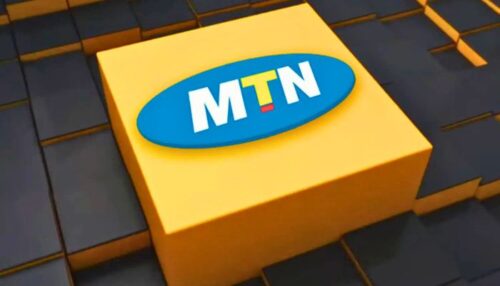Nigerians have reacted with frustration and outrage following MTN Nigeria’s recent data tariff increase, which has significantly raised the cost of accessing the internet.
Under the new pricing structure, subscribers will now pay ₦6,000 for a 15GB weekly data plan which is a sharp rise from the previous ₦2,000, which is a 200% price increase.
This development has sparked widespread concerns, particularly among individuals and businesses that rely heavily on the network for internet connectivity.
The price hike follows a recent decision by the Nigerian Communications Commission (NCC), which granted telecom operators permission to increase tariffs by up to 50%. The commission justified the adjustment as necessary to sustain service quality amid rising operational costs in the sector. However, the move has been met with public backlash, especially given the current economic challenges faced by many Nigerians.
Following the removal of fuel subsidies in 2023, the cost of living has increased, and this additional increase in telecom expenses is seen as yet another strain on household budgets.

Social media platforms have been flooded with complaints from Nigerians who argue that the increased cost of data will limit access to the internet, affecting communication, business operations, and education. Many believe that such a drastic price adjustment will widen the digital divide, making internet access less affordable for lower-income users. On the other hand, MTN Nigeria and other telecom operators have defended the tariff hike, stating that rising infrastructure and maintenance costs are what made the price adjustment necessary.
According to industry players, these changes are essential to maintain network quality, expand coverage, and support investment in new technologies.
With data now more expensive, consumers may begin to seek alternative solutions, such as switching to competing telecom providers, reducing their data usage, or relying on public Wi-Fi. However, unless other providers maintain significantly lower rates, Nigerians may have little choice but to adjust to the higher cost of staying connected.
As the debate over telecom pricing continues, it remains to be seen whether regulatory authorities will intervene further or if this marks the beginning of sustained increases in data costs across the industry.




